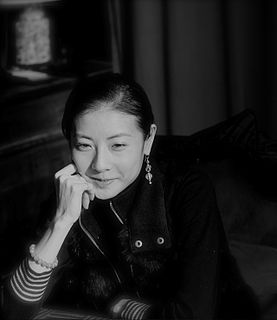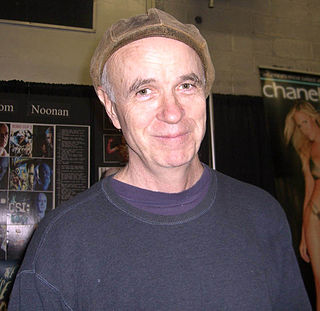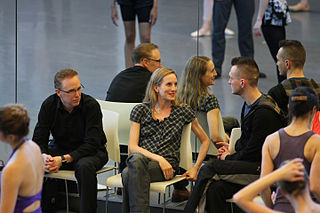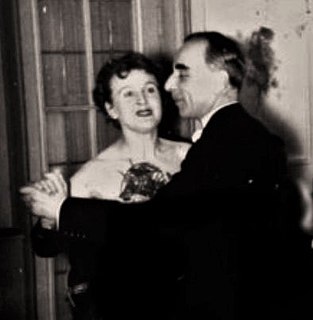A Quote by Yuan Yuan Tan
If Shanghai wants to be an international cultural center, they have to do something about that. The reason I left is that I wanted to explore what ballet is all about, and if I had stayed put, that wouldn't have happened.
Related Quotes
While certain coastal cities have become very prosperous, the rest of China has a per capita income of $200 a year. The coast wants to have nothing to do with the interior; it wants to work with Tokyo and New York. This is an old story in China. It is why Mao succeeded in 1927. He wanted [coastal] Shanghai to throw the foreigners out, but Shanghai was doing too well financially [to expel foreigners]. So Mao went to the interior and raised a peasant army. He came back to Shanghai and sealed off the country.
In 1998, Vanity Fair asked me to write a big piece for them on the 50th anniversary of the New York City Ballet. My life, to a great extent, had been spent at and with the New York City Ballet, and I decided to try it. It was very scary, writing about something I loved so much and had such strong opinions about.
. . . the whole idea of WHAT HAPPENED WAS.... is not about dating. It is more about people who are not committed to who they are or are indifferent about their life in general, which is how I felt about myself when I wrote it. I had turned 40 and I was unhappy and I wanted to write about that. Dating just became the framework. . . . I like all those fringy, weird, nonverbal, quiet, tiny little things, those powerful interchanges between people, things that go unsaid, that people know are happening all the time but nobody wants to talk about. That's what I want to make movies about.
Like most citizens of popular and international urban centres, I don't take advantage of the cultural opportunities. Perhaps this comes from growing up in suburbia. Home is where you eat, sleep, read, watch television and ignore your parents. It is not where you go to the ballet and then attend a heated panel discussion about it afterwards.
I'm quite sure it happened in Berlin too when Eva [Braun] stayed there later on. I wouldn't know about that because I was scarcely ever there myself. I don't want to suggest she was crying all the time, but then they had their arguments, she was very downcast until she had cried it through. It happened on occasion.
Had the Holocaust happened in Tahiti or the Congo, as it has; had it happened in South America, as it has; had it happened in the West Indies, as it has - you must remember that within fifty years of Columbus's arrival, only the bones remained of the people called the Arawaks, with one or two of them in Spain as specimens. Had the Holocaust committed under the Nazis happened somewhere else, we wouldn't be talking about it the way we talk about it.







































